I write on liberty, on survival and sometimes on fish too. This article concerns all three, but I’m going to start with fish.
Several years ago, I walked through the native eastern range of the brook trout, sought out this fish in the hills and hollows of Appalachia and wrote a book on my travels and findings. I developed a short list of habitat attributes that make for really fine brook trout water, but one of these seemed particularly important and easily overlooked: brook trout need access to whole watersheds if they’re really going to thrive. This entails an absence of fish-blocking structures like dams and poorly placed road culverts, but may also include natural waterfalls. Brook trout populations, and individual brookies, are at their best when they can run at will, seasonally, between cold-water springs, tiny spawning tributaries and much larger and lower waters to maximize feeding. One of the chief concerns facing the native trout, as noted universally by brook trout researchers, is habitat fragmentation: blockages to upstream movement.
This fits well with the ideas of ecologists pertaining to the resilience of fish populations: the more places they can have access to, especially spawning sites, the more likely the broader population of the species is to survive variable and harsh conditions. The fish just have more options for refuge and feeding. And the more genetic diversity, the greater the overall resilience as well. Genetic diversity is brought about, over time, by occupation of diverse habitats and by competitive pressures.
We can generalize further to the whole realm of animals and see time and again that to thrive and perhaps even to survive, animals need to be free to move. They need to find water, find food, find mates and often den sites or a shady overhanging bank if they’re trout. The only way animals live in confined spaces is if their owners dispense food to them and keep them protected.
There are other important aspects of wildness too. The only way animals, fish included, learn, is to go out and try things, tasting things that shouldn’t be eaten, places that expose them too much to predation and places that bring on particularly excellent hatches of edible insects. Hatchery fish don’t get to experience this and when they’re introduced to wild waters, most just begin the long progression of starvation, if they’re not caught immediately.
Then too, some animals kept in captivity just stop eating and die.
People on the eco left like to make much of the idea that Homo sapiens is an animal too. In keeping with this assertion, it seems reasonable to believe that humans also need freedom to thrive. But we may not see it until times are tough and we need to adapt. What options remain open to us in terms of migration or seeking new employment or even food sources? Which options have been closed to us by government? We need maneuverability to be able to see opportunities others don’t and then the freedom to act in our own best interests in a far more complex interplay of values than the simple brook trout will ever face.
The ideas of liberty have perhaps never been more important than now. This is because government doesn’t like humans and they probably want to kill you. This is demonstrable.
It’s difficult to trust a regime that believes we need less people on the face of the earth. Yet that’s exactly what the world’s ruling elites have believed since at least the early twentieth century. This belief system is often dated back to Paul Ehrlich’s 1968 jeremiad The Population Bomb. But we can follow this train of thought back to the European and American heyday of eugenics, and further still to at least Malthus, who said that the growth of population will always outrun the growth of production. This thread passed in the late 1800’s to emerging eugenicists such as Charles Darwin himself. The close connection between population control and human eugenic theories should always be remembered. It’s never really about just culling a random percentage of the population—it’s about ridding the world of so-called undesirables. Many, such as the Englishman Karl Pearson, believed that the high birth rate of the poor was a constant threat to the “higher” races.
Intellectuals, in general, don’t like to discuss eugenics overtly nowadays, maybe because the more one digs into this fifty years or so in the history of Western thought, the more one finds eugenics to be pervasive among those viewing themselves as enlightened and destined to rule. This is important because it’s an excellent case study in groupthink run amok among the highest echelons of the intelligentsia, and because it demonstrates their willingness to induct the rest of us into their sanguinary schemes. Such schemes reached their zenith in the notorious work of Germany’s Nazi party. Pursued to its inevitable end, eugenics means enslaving and killing people.
Yet, with The Population Bomb, Ehrlich gave voice to the same science of extermination. He still bears responsibility for keeping anti-humanism alive, but he hadn’t acted alone, entrained in ongoing schemes of The Population Crisis Committee, The Hugh Moore Fund, and early environmentalists like David Brower. Ehrlich spoke for a whole covert movement. The Club of Rome met formally for the first time within a few years of publication to begin addressing all the supposed problems associated with a surplus of humans. Figures such as Jane Goodall, Joseph Speidel, and Robert McNamara of the World Bank found inspiration in the book, or at least its themes.
Underlying the ethos of today’s political left is a bedrock belief that there are too many humans and that we are a cancer upon the planet. This has been stated explicitly. (It seems implausible to them that a free, independent populace is more likely to invent far-reaching solutions to problems such as housing and food shortages, even though we’ve been doing this for quite some time). So why would we trust men like Bill Gates, Klaus Schwab or George Soros who claim they want to help us transition to a more sustainable economy or give us a cure for coronavirus? Wouldn’t saving human lives undermine their primary imperative?
We would be wise to keep this duplicity always in mind as we hear appeals for greater social justice, an expansive health apparatus, or growth of social services. It’s generally accepted that politicians will say anything to gain our trust, but what they do and what they believe are benchmarks of where they’re going and whether they can be trusted. As such, let us now turn to the ways in which the global authoritarians are actively trying to kill us—today.
- First, they are trying to kill us by depriving us of the energy resources humans need to live in modernity. In the United Kingdom alone, thousands of people die needlessly each winter either “directly as a result of fuel poverty” or “conditions relating to living in a cold home.” (See https://www.independent.co.uk/news/business/news/cold-weather-uk-winter-deaths-europe-polar-vortex-a8224276.html and https://www.e3g.org/news/17000-people-in-the-uk-died-last-winter-due-to-cold-housing/) This as they sit on top of massive recoverable petroleum, coal, and natural gas deposits. This is a particularly hopeless situation because many people of their nation know nothing but government reliance and look only to government for solutions to government-created hardship.
- The current American regime is slowly killing us by making us poorer. Inflation is just one mechanism for this. Lowered life expectancy accompanies poverty, and we can now see an obvious correlation between their empowerment and our impoverishment.
- They’re killing us by limiting the ability of our free market to supply food. They do this through cumbersome, malleable and increasing regulation. They do it through a forced shift to vegetarianism, not to mention the massive campaign to normalize insectarianism. They do this by greatly increasing the cost of energy which is used at every point in the food supply chain from planting to delivery. And if anyone really wanted to dig and compute, they could make an estimate of the number of years-of-life lost by following the advice of the FDA’s Food Pyramid.
- They’re trying to kills us by coercing the entire citizenry to get injected with experimental “cures” as if we were lab rats. The findings of these trial runs are now emerging and the human toll far exceeds anything imaginable. And unlike Covid, the cure itself kills across the human spectrum, not just the already frail and infirm. We will never know how many have actually been killed by something sold to us as a vaccine.
- The global “elites” have a long history of trying to kills us in a much more direct way by instigating war. Today, the specter of world war and nuclear conflict again loom on the horizon. Somehow they never seem to lack for “noble causes” to march our young men off into the thick of war.
Liberty First
Liberty is the answer to all of this: telling those in power that we don’t need them and that we’re capable of finding our own solutions. Even if we fail in our endeavors, we’re still better off than if we’d given them charge of our lives. And it’s now inescapable that it is our lives that are on the line.
We need our liberty to protect ourselves from anti-human government, from bands of elites who believe themselves so very enlightened that your life is worthless in comparison to their initiatives. Severely limit the size and scope of government and you’ll severely limit its ability to do harm.
The easiest fish to cull swim around in small ponds with little option for their own feeding or escape. Fish that run broad rivers at will are notoriously harder to collect.
“The CIA has attempted to collect us. We are at sea now and will report more soon. I will continue to be dark for the next few days.”
John McAfee, July 19, 2019
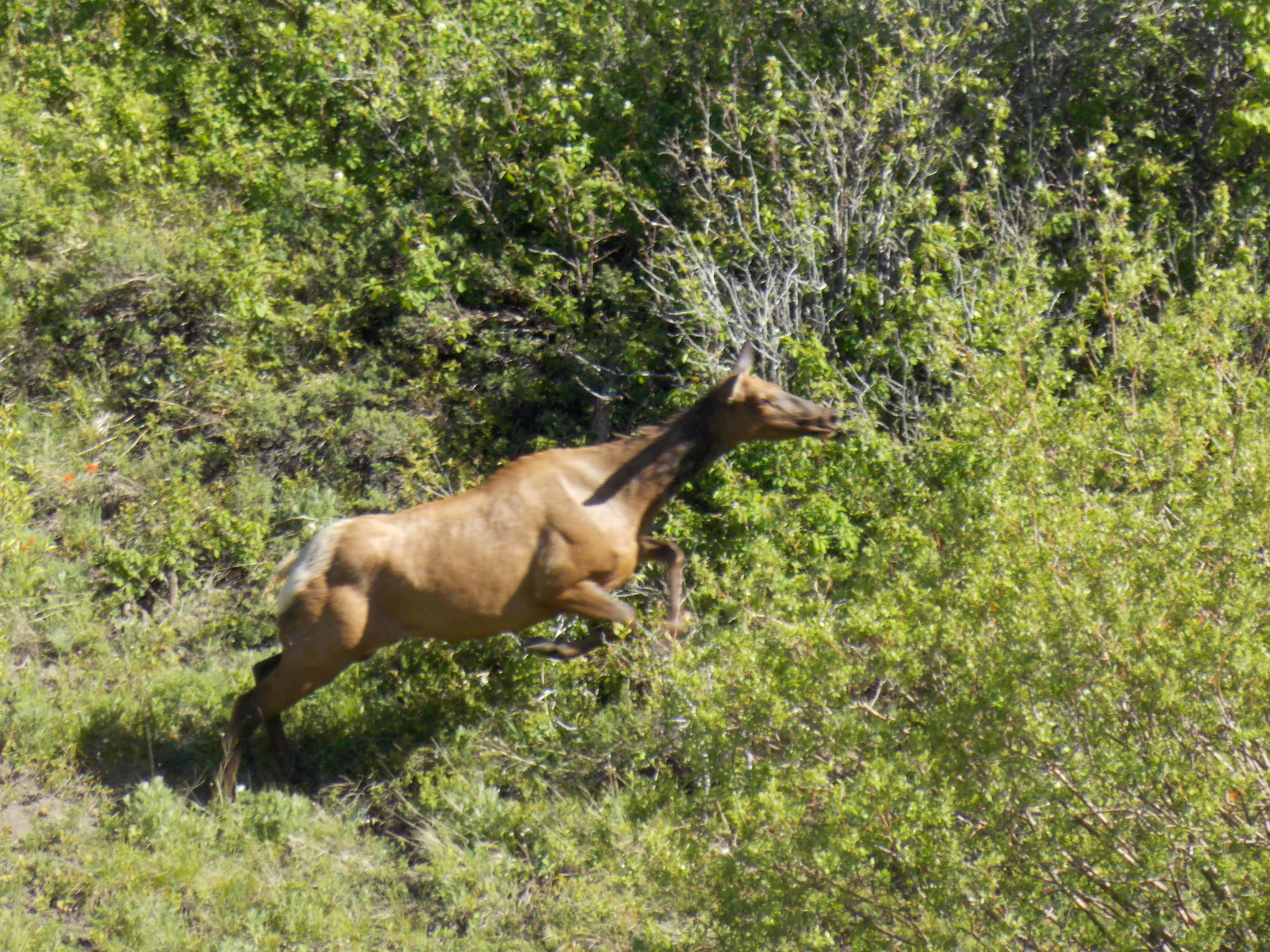

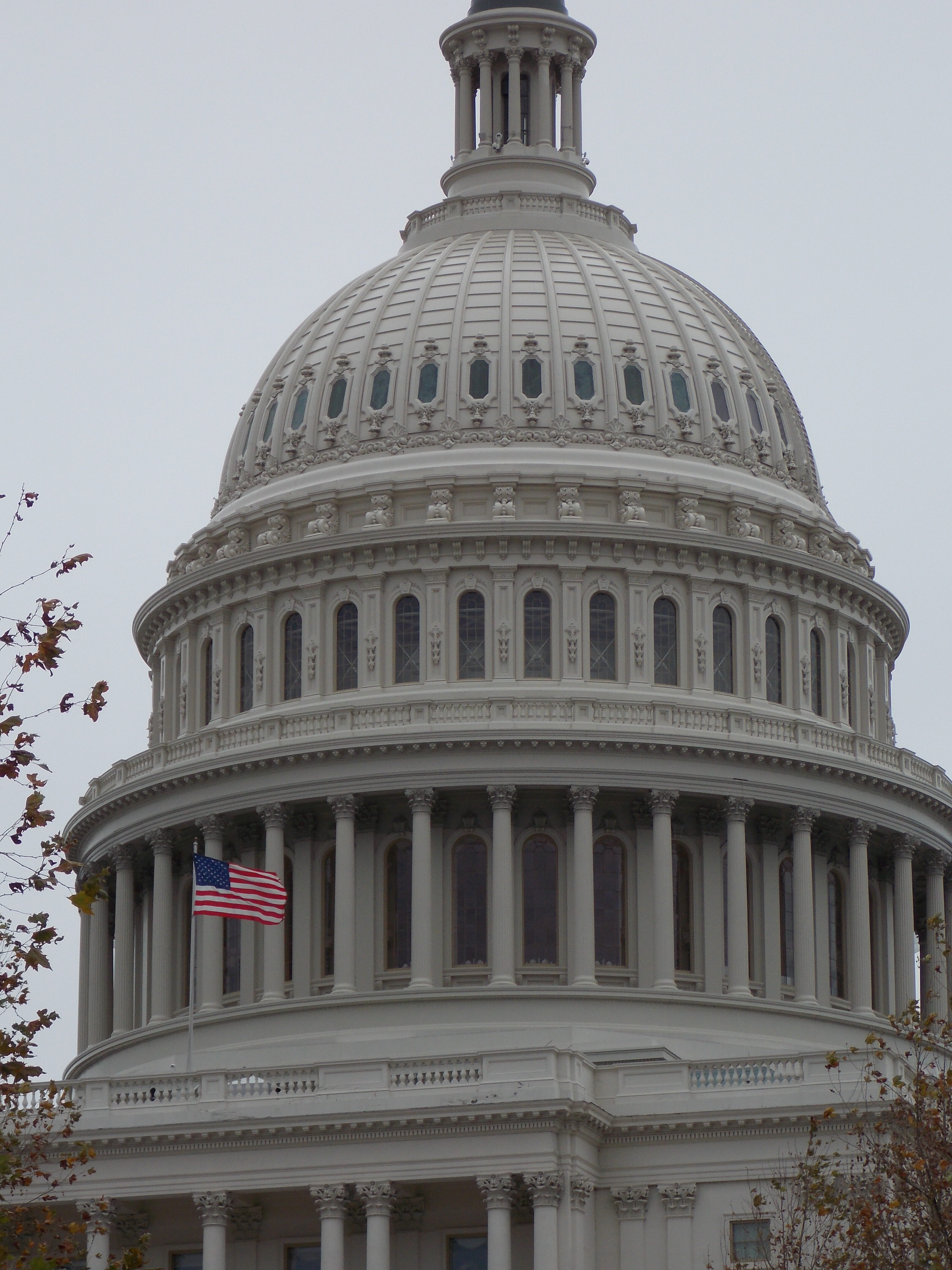
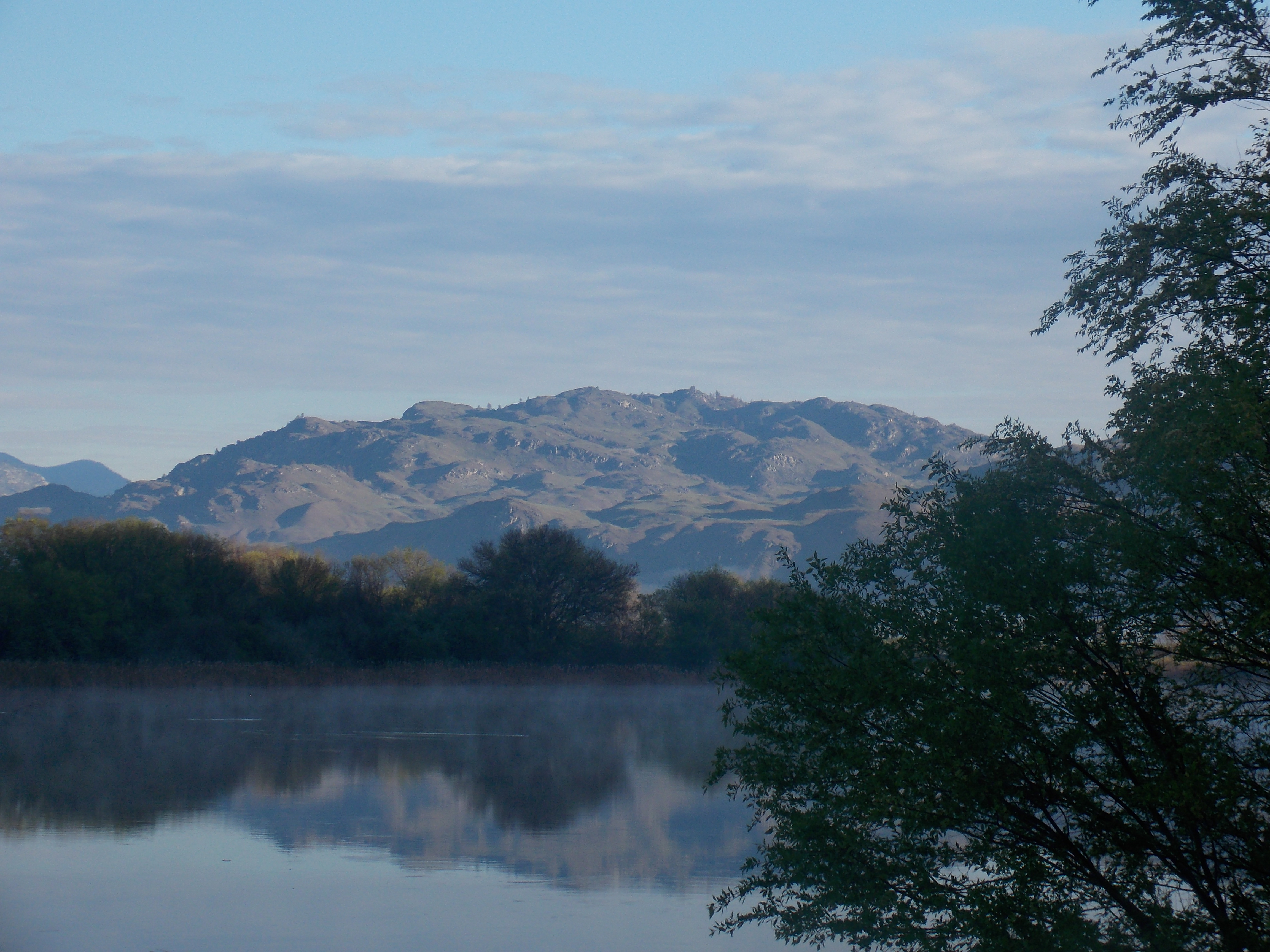
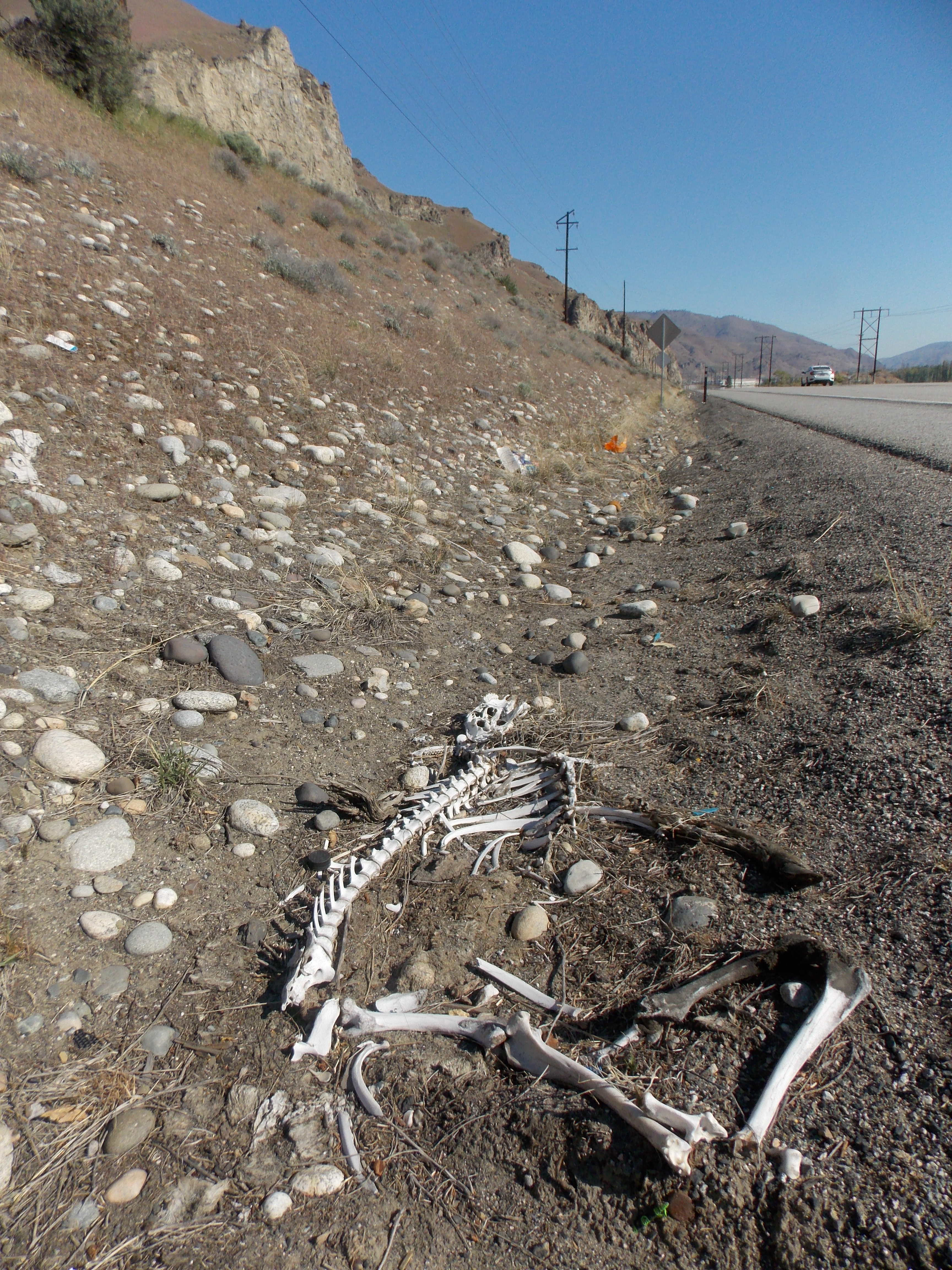

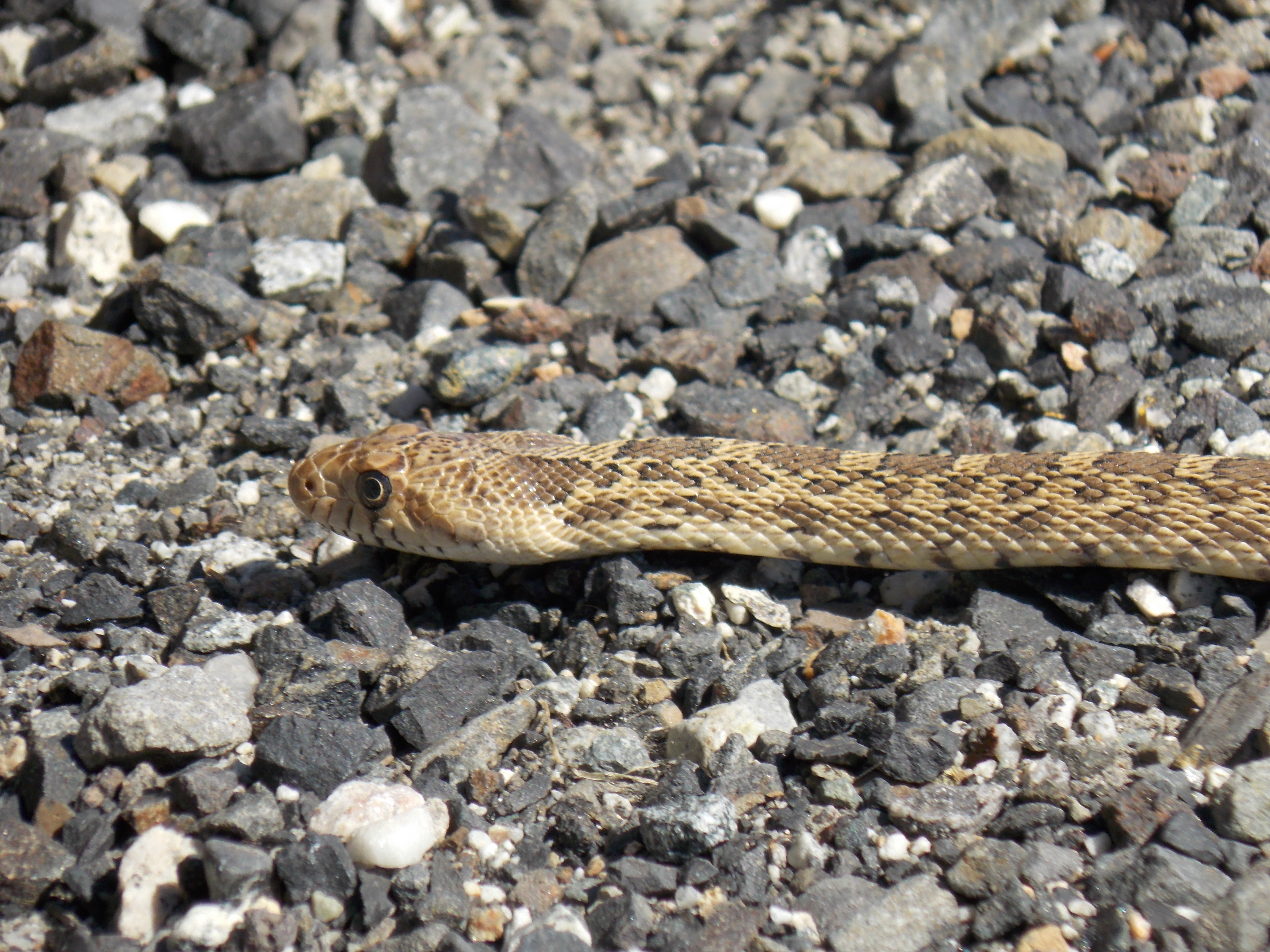

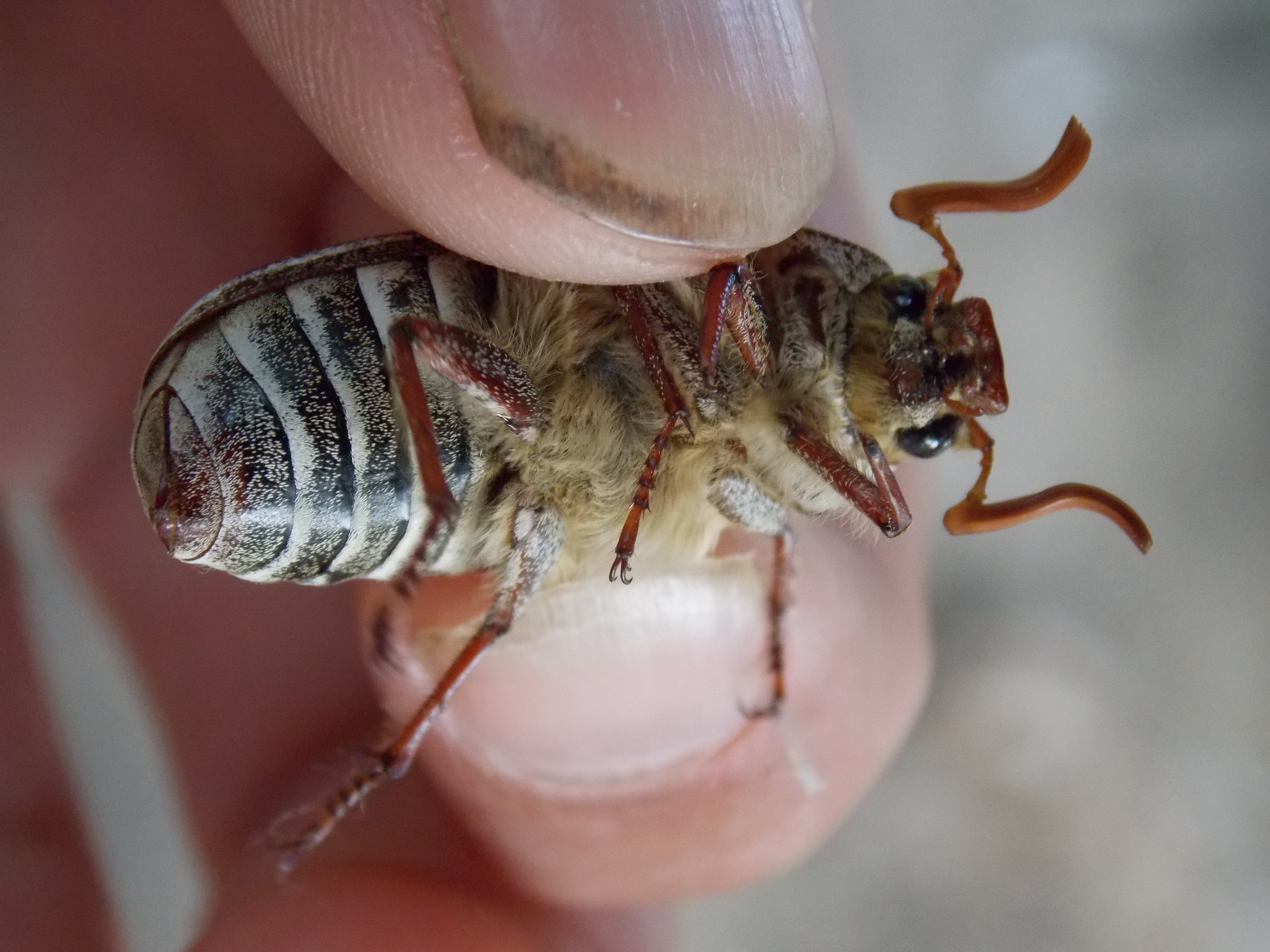
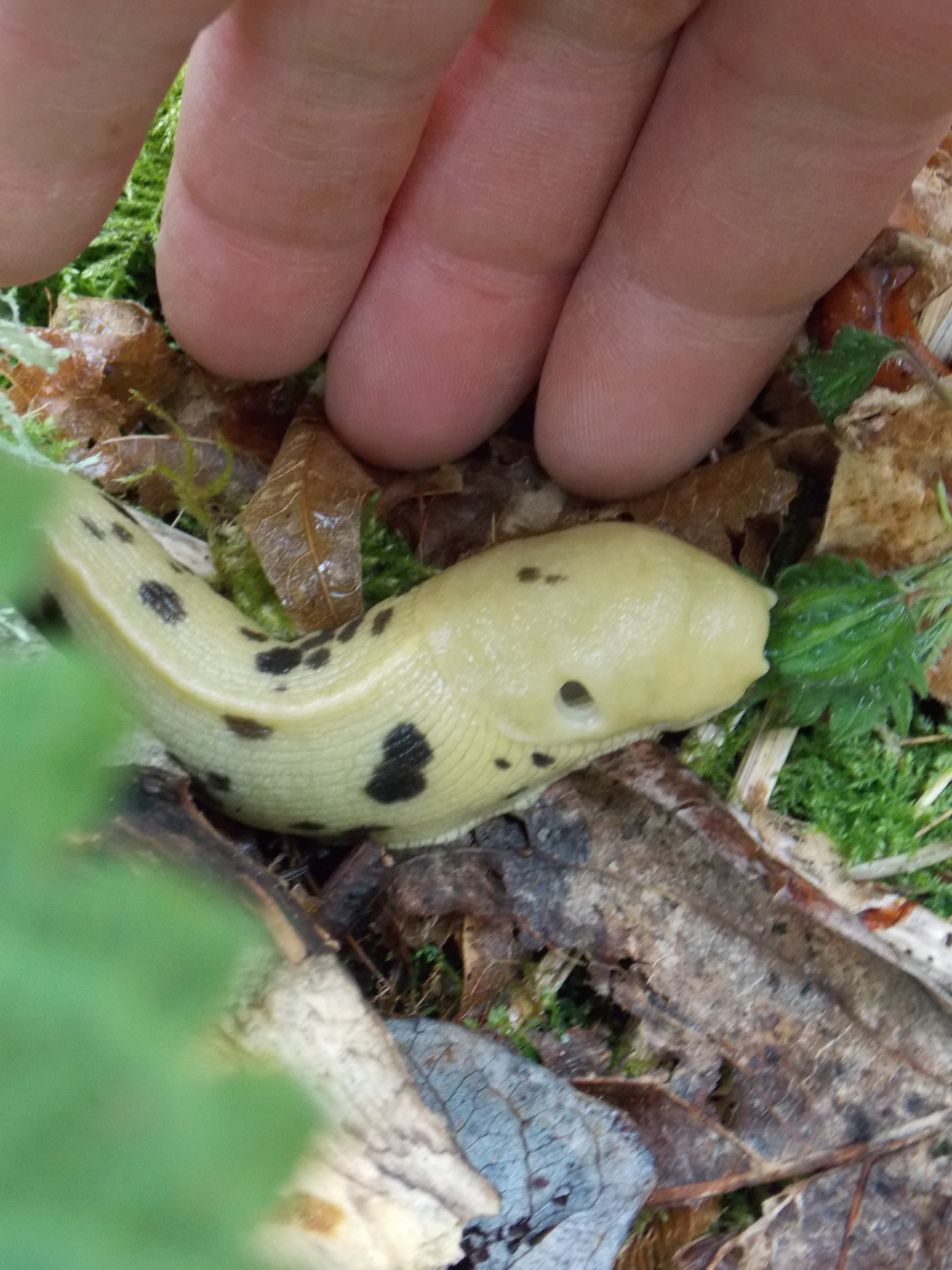
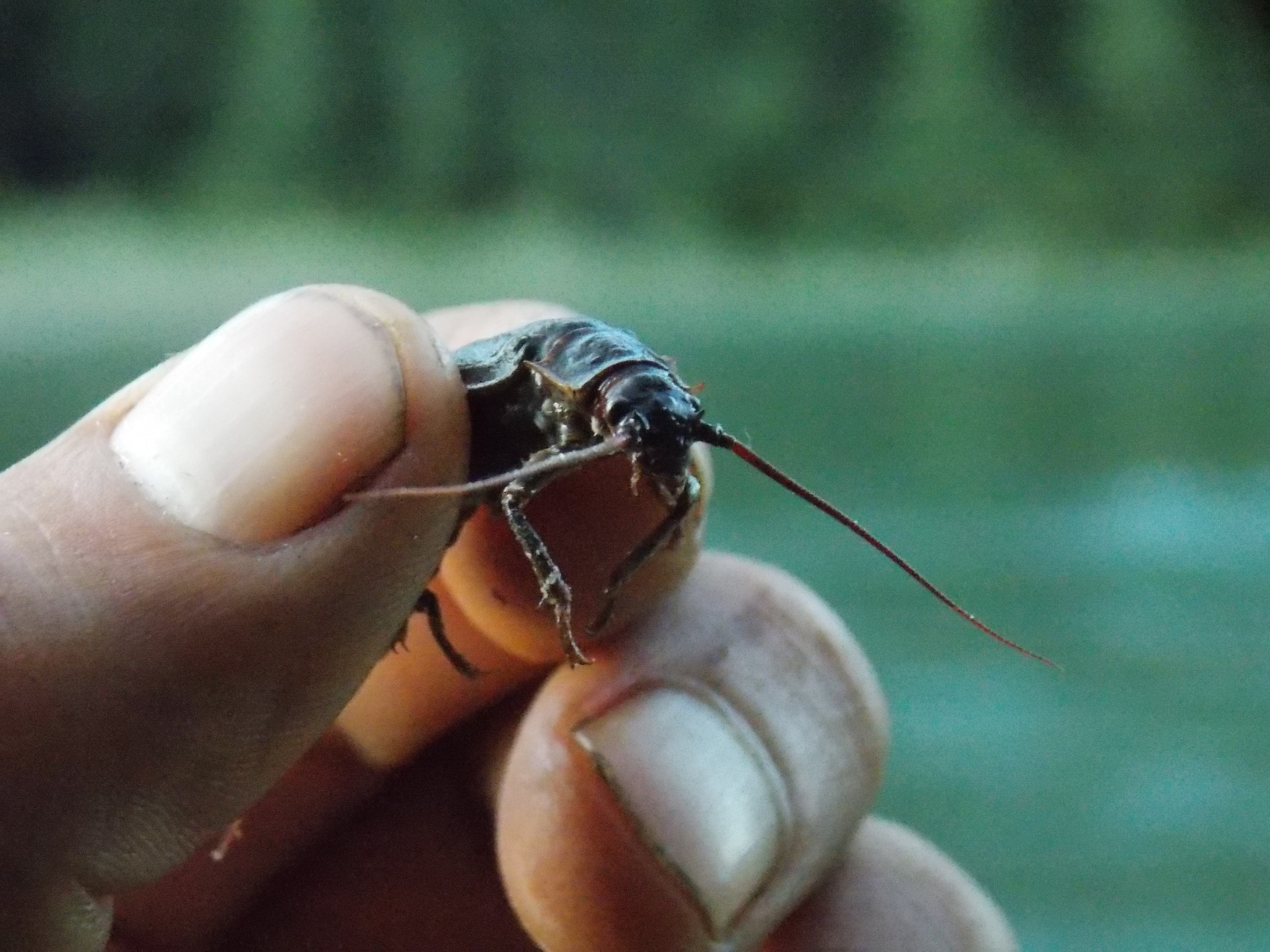

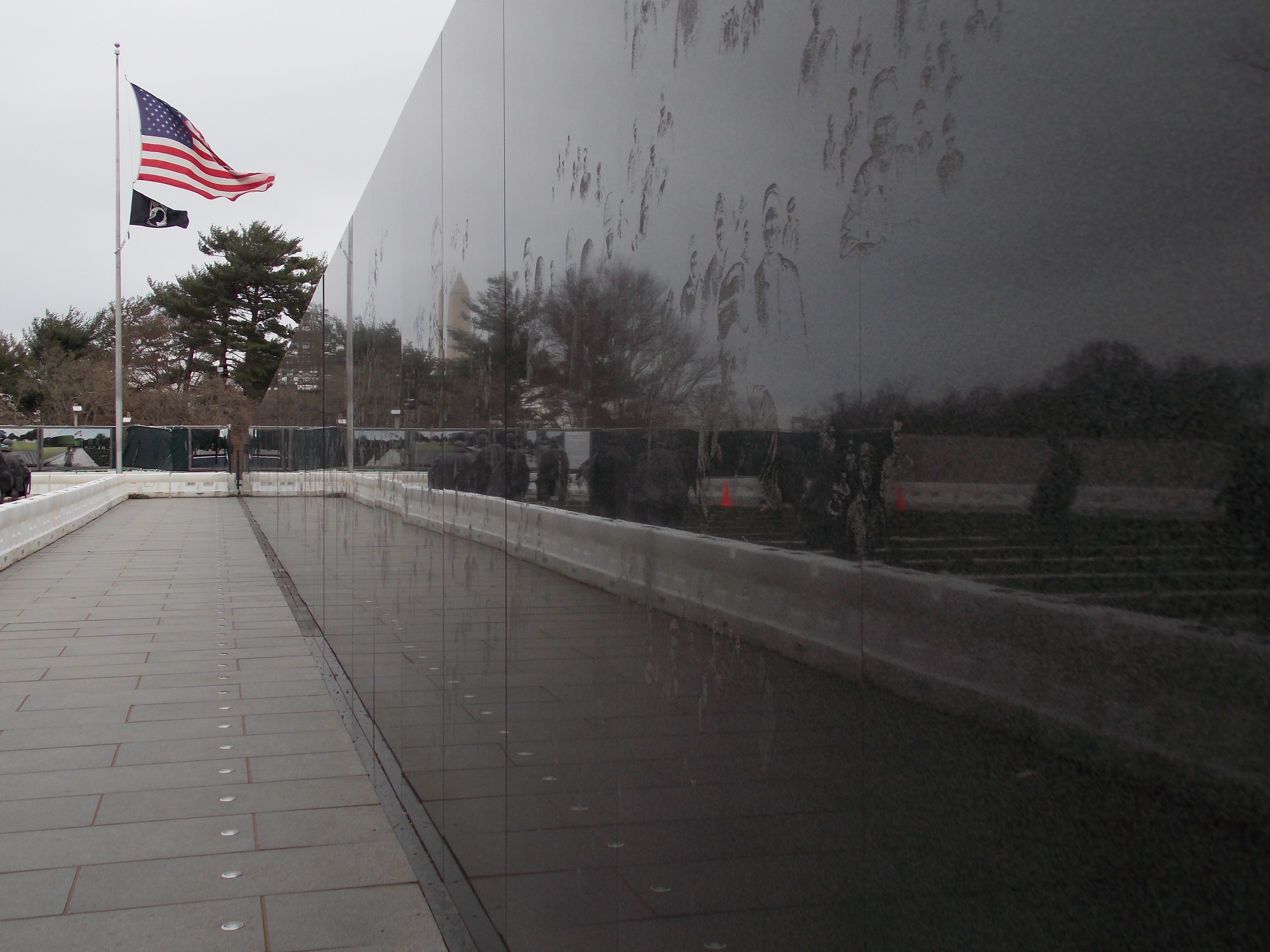
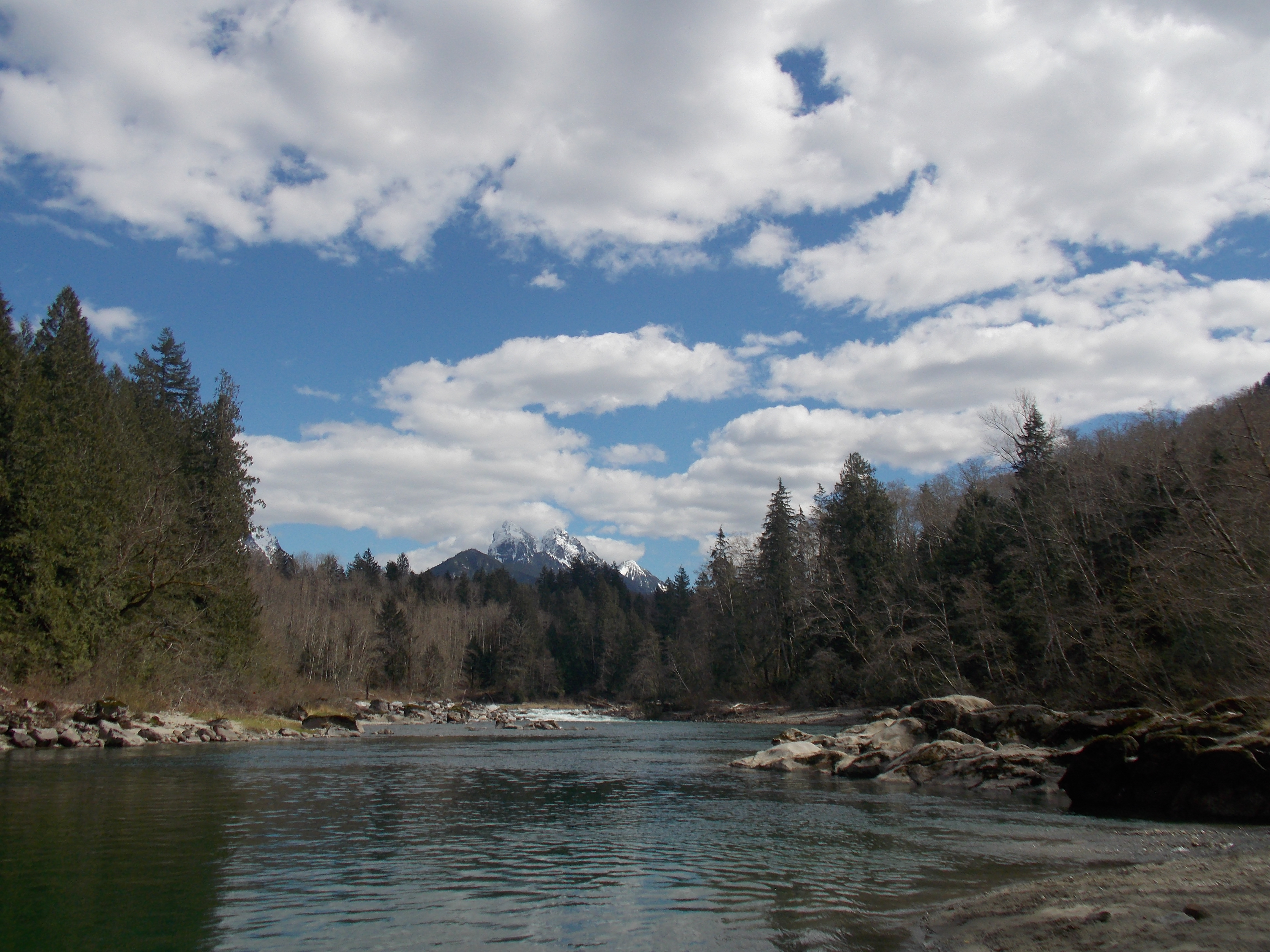



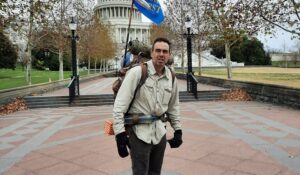
Great quoteable: “The easiest fish to cull swim around in small ponds with little option for their own feeding or escape. Fish that run broad rivers at will are notoriously harder to collect.”